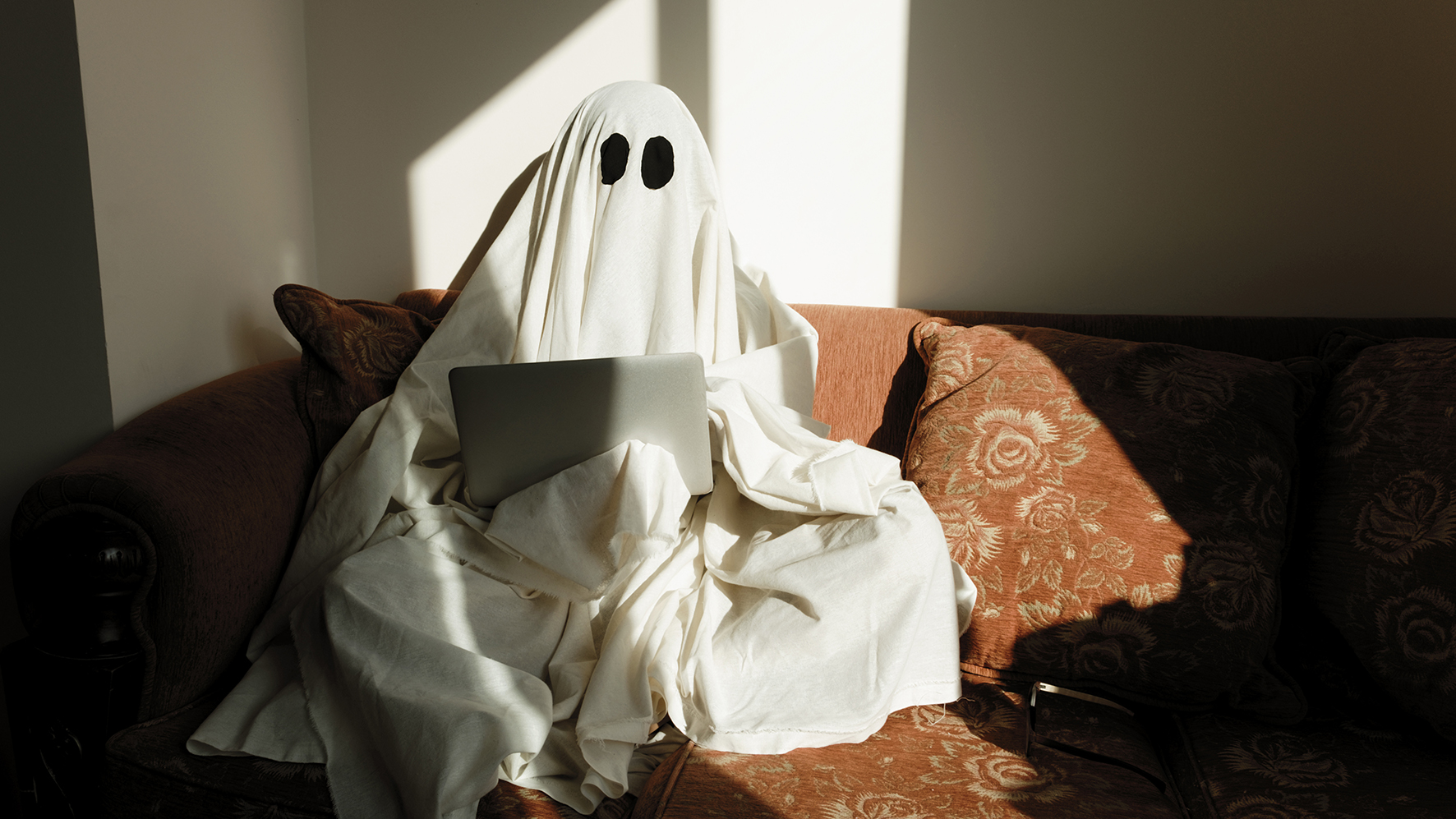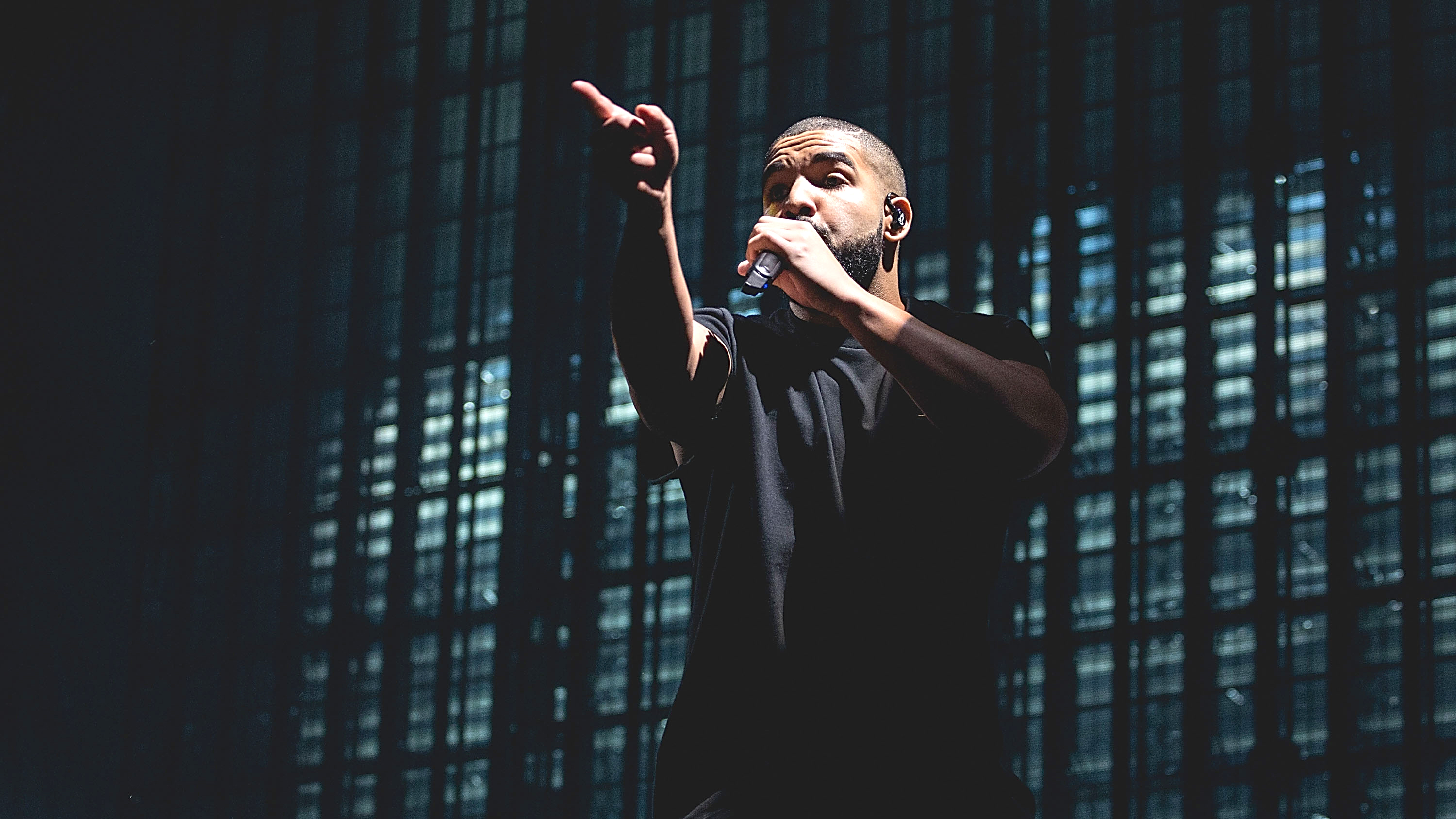Ghostwriter, the artist behind the viral AI 'fake Drake' song, speaks out on AI voice modelling: "It's like fan fiction - a fan-generated genre of music"
In a new interview with Billboard, the anonymous producer-songwriter says deepfaked AI voices could be "the future of music"

Want all the hottest music and gear news, reviews, deals, features and more, direct to your inbox? Sign up here.
You are now subscribed
Your newsletter sign-up was successful
Earlier this year, an anonymous artist called Ghostwriter uploaded a song to streaming services made using AI voice models of Drake and The Weeknd.
Heart On My Sleeve sounded as if it featured two chart-topping voices, but was in fact recorded and produced entirely by Ghostwriter, who used AI voice modelling software to transform the sound of his own vocal recording.
Heart On My Sleeve provoked strong opinions on both sides of the AI debate before ultimately being removed from streaming services, most likely due to a copyright claim from UMG.
Since then, the major labels have denounced unauthorized voice modelling and begun working on their own officially licensed alternative, and Recording Academy boss Harvey Mason Jr. has even weighed in on the issue, confirming that Heart On My Sleeve would not be eligible for a Grammy.
Until now, Ghostwriter has remained anonymous, but today Billboard published an interview with the artist. Speaking to a Billboard reporter disguised in "black hoodie, black sweatpants, black ski mask, black gloves and ski goggles", he reveals that he worked in the music industry for some time before the release of Heart On My Sleeve.
Ghostwriter and his manager discuss the artist's motivations for experimenting with voice modelling, saying that the idea grew out of his frustrations with working as a professional songwriter.
"I’ve always been a songwriter-producer," he says. "Over time, I started to realize [...] that the business of songwriting was off. Songwriters get paid close to nothing. It caused me to think: 'What can I do as a songwriter who just loves creating to maybe create another revenue stream? How do I get my voice heard as a songwriter?' That was the seed that later grew into becoming Ghostwriter."
Want all the hottest music and gear news, reviews, deals, features and more, direct to your inbox? Sign up here.
The pair discuss how the tech behind AI voice modelling may end up being legitimized by artists and labels so that fans can license the voices of their favourite artists to create and release their own songs.
"One way that this can play out is that [digital service providers] eventually create sort of an AI section where the artist who licenses their voice can determine how much of the AI songs they want monetarily and how they want their voices to be used," suggests Ghostwriter's manager.

"Imagine singing a karaoke song in the artist’s voice; a personalized birthday message from your favorite artist; a hit record that is clearly labeled and categorized as AI. It’s also a marketing driver," Ghostwriter continues. "I compare this to fan fiction — a fan-generated genre of music. Some might feel this creates competition or steals attention away from an artist’s own music, but I would disagree."
Ghostwriter also reveals that he has released an alternate version of Heart On My Sleeve featuring his own voice, which has been submitted for Grammy consideration in place of the AI-generated version.
"This is a lot bigger than me and Ghostwriter," says the artist when asked about his motivations for remaining anonymous. "It’s the future of music. I want to push the needle forward, and if I get to play a significant part in that, then there’s nothing cooler than that to me. I think that’s enough for me."



I'm MusicRadar's Tech Editor, working across everything from product news and gear-focused features to artist interviews and tech tutorials. I love electronic music and I'm perpetually fascinated by the tools we use to make it.